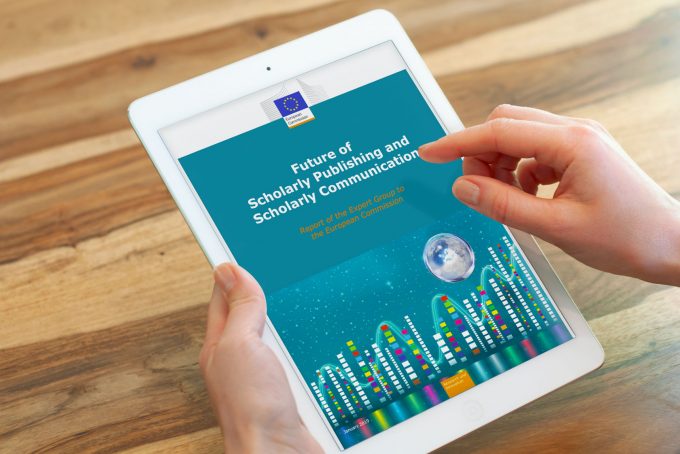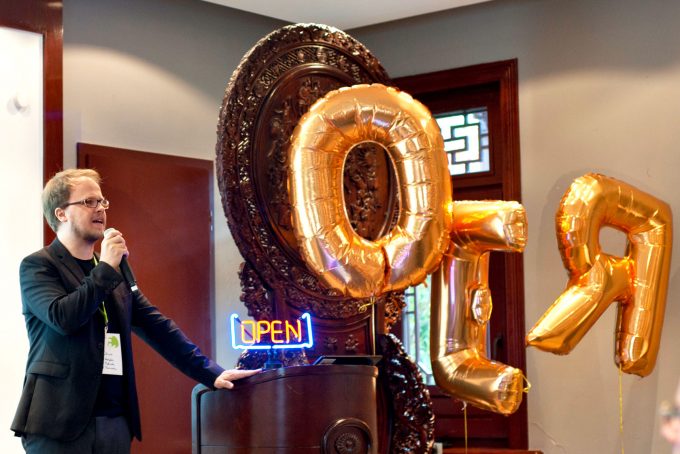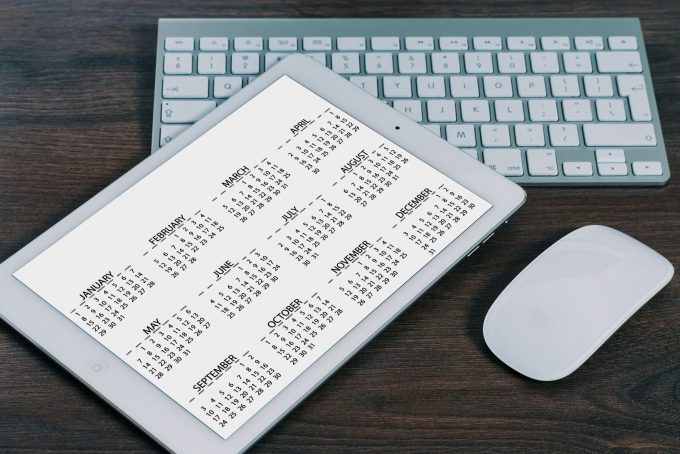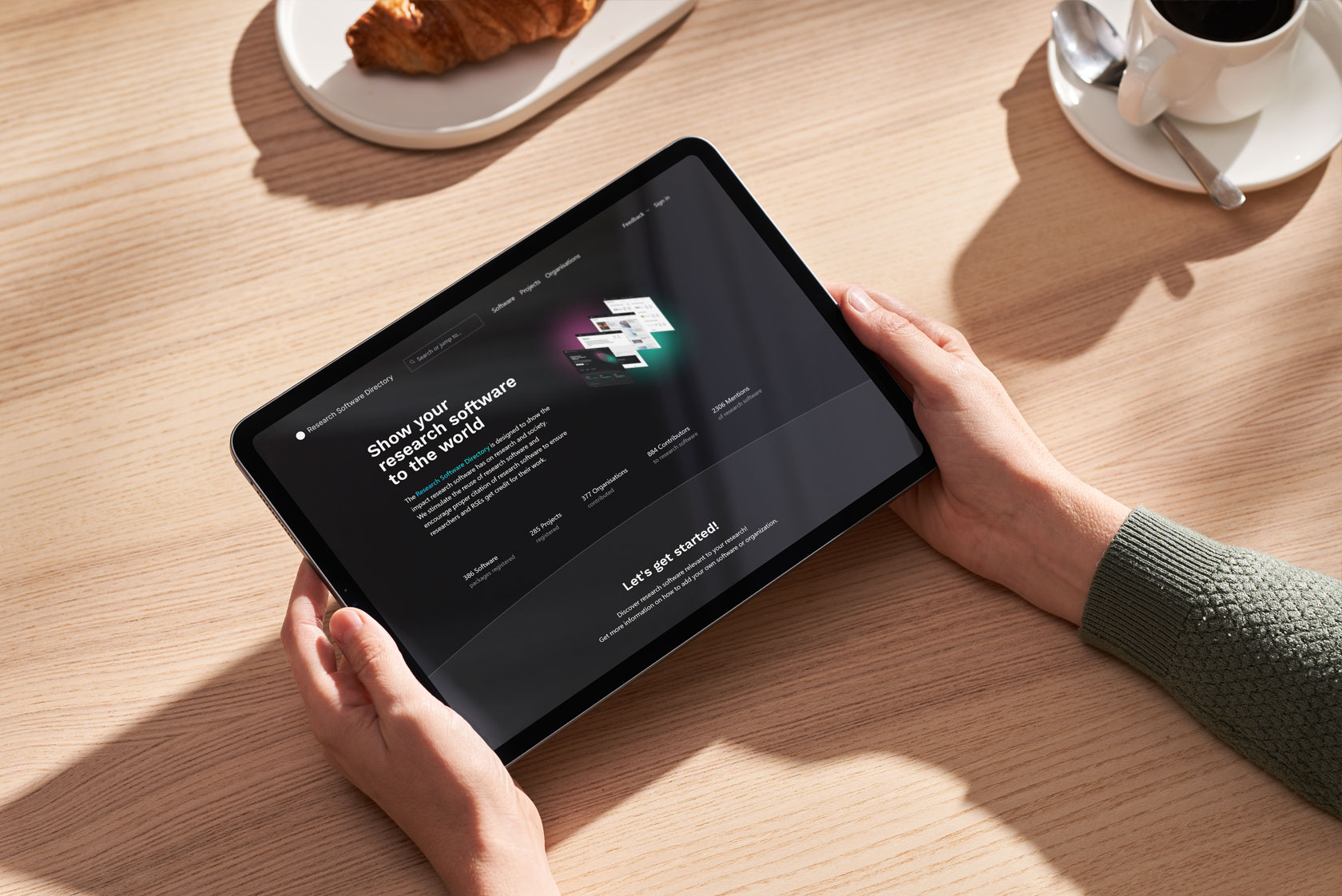
Research Software Directory: Honouring the Role of Software and Supporting Reproducibility
Today research software plays a vital role in research that often is not recognized. The Research Software Directory aims at increasing visibility of research software, showing its impact and encouraging its reuse. Maaike de Jong and Jason Maassen take us backstage.
by Maaike de Jong and Jason Maassen

The Research Software Directory makes software tools used in research easily discoverable and usable. Thus, it also helps other researchers to reproduce and verify research results. Maaike de Jong and Jason Maassen of the Netherlands eScience Center are part of the Research Software Directory and provide us with some insights:
What is the purpose of the Research Software Directory?
The Research Software Directory (RSD) is an online service where researchers, research software engineers, and research organizations can easily discover and share research software. Its main goals are:
- Increasing visibility of research software
- Showing impact of research software
- Encouraging reuse of research software and collaboration
The RSD promotes best practices in sharing research software, such as the use of open-source licenses and proper software citation. This can lead to more open and collaborative research software practices, thereby contributing to Open Science. By making research software more accessible and clearly linking to other research activities and outputs, the RSD supports the larger goal of enhancing reproducibility in scientific research. When software tools used in research are easily discoverable and usable, it helps other researchers to reproduce and verify the findings.
What need does the service serve and for whom?
Research software plays a vital role in today’s research, but this role is often not recognized. The RSD addresses this issue by putting research software in the spotlight, connecting it to other research results, and promoting the recognition of research software as an important part of the developer’s academic output. The RSD also makes it possible for research groups or organizations to showcase their research software output. Furthermore, the service helps researchers to find relevant existing research software, so that they don’t have to reinvent the wheel and spend time and resources by creating their own from scratch.
How does the directory help to judge the relevance of research software?
All software in the RSD are presented within their research context. The system harvests information from sources such as GitHub, GitLab and Zenodo, and presents the software with its associated data, projects, scientific papers and other publications. The pages also show the social context – who the developers are, how active the development is, and any linked tutorials, blog posts, or videos. All this related information helps users of the service understand whether the software is suitable for their specific research needs.
How is the impact of research software assessed?
The impact of research software on the RSD can primarily be assessed in a qualitative way: the number of related papers, datasets, blogs and other academic outputs will tell you something about the impact it has. Also, the community engagement and contributions to the software’s development can serve as indicators of the software’s impact in the research community. In addition to these qualitative indicators, we are also experimenting with adding quantitative impact metrics. Many of these can be collected automatically from other services, such as citations to the software from papers, downloads from package managers, stars and forks from GitHub, and more.
Who runs the Research Software Directory?
The service is run by a dedicated team at the Netherlands eScience Center, the Dutch national expertise for research software. The eScience Center collaborates with researchers across all disciplines to create high-quality open software for academic research. The underlying software of the RSD is open source, and the result of a collaboration with several other organizations. Our primary collaborator is the German Helmholtz Association, who runs its own instance of the RSD, and have contributed significantly to the code during development. Imperial College London is another contributor to the code. In addition, we also worked closely with several Dutch research organizations, including Utrecht University, Leiden University, and Amsterdam University Medical Centers, to collect feedback from their researchers and optimally tailor the service according to the needs of the research community.
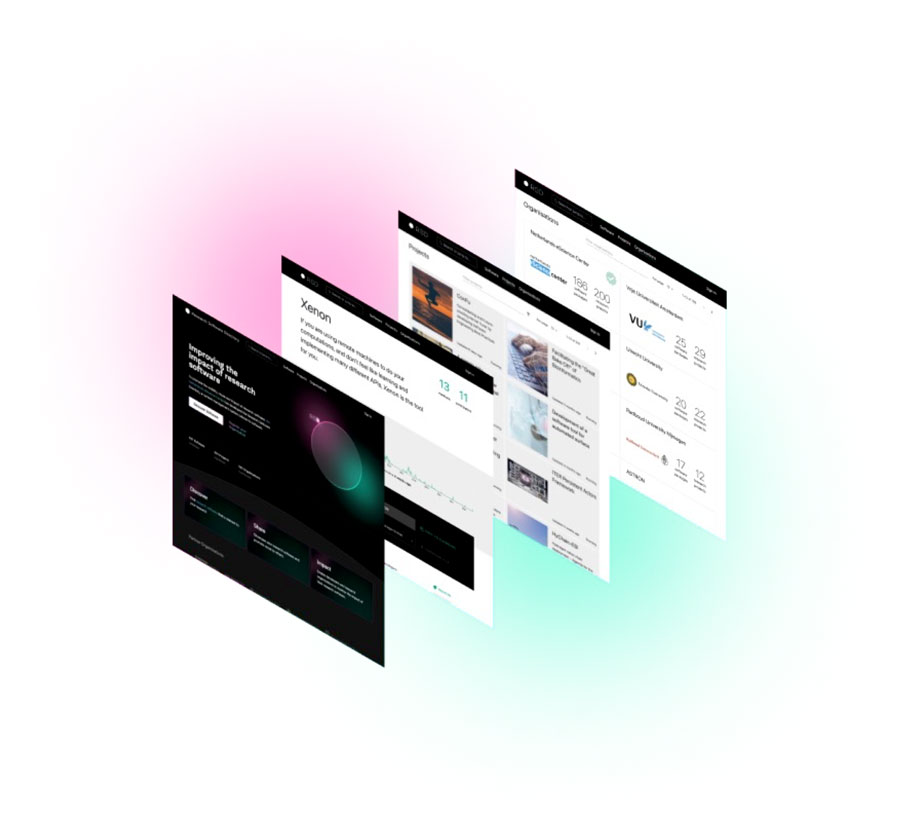
Research Software Directory: Slices
We thank Maaike de Jong & Jason Maassen for the interview. If you have any questions about the Research Software Directory, you can get in touch with the team at .
This could also interest you:
- Barcamp Open Science 2023: So Much has Happened and so Much Still Needs to Happen!
- Open Science Conference 2023: Old Hurdles and new Practical Successes for the Anniversary
- Anniversary of re3data: 10 Years of Active Campaigning for the Opening of Research Data and a Culture of Sharing
- Innovations in Libraries: Impressions of a Study Trip to the Netherlands
Maaike de Jong is a policy advisor Open Science at the Netherlands eScience Center and project lead of the Research Software Directory. Maaike combines her experience in research, open science, community building and education to advance the adoption of digital skills and software sustainability in the research community. She can be found on LinkedIn and on ORCID.
Portrait: Maaike de Jong©
Jason Maassen is a technology lead at the Netherlands eScience Center. He leads the software development team of the Research Software Directory at the center, coordinates the contributions of external developers, and ensures the requirements of both, internal and external stakeholders are taken into account. He can be found on LinkedIn and on ORCID.
Portrait: Jason Maassen©
View Comments
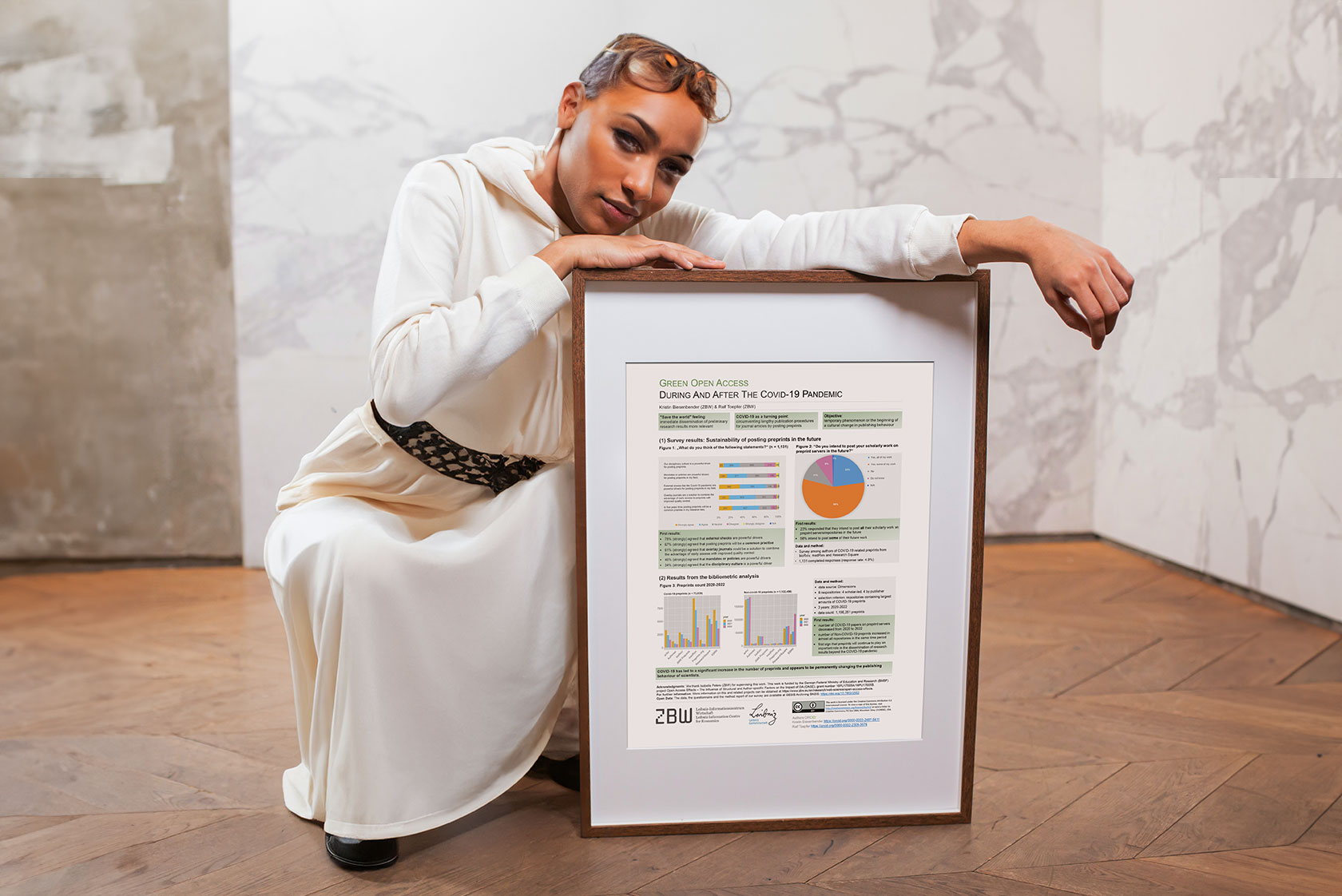
Open Access During the Pandemic: Prelude to a Permanent Change in Publishing Behaviour?
Is the observable increase in preprints during the COVID-19 pandemic a temporary...

